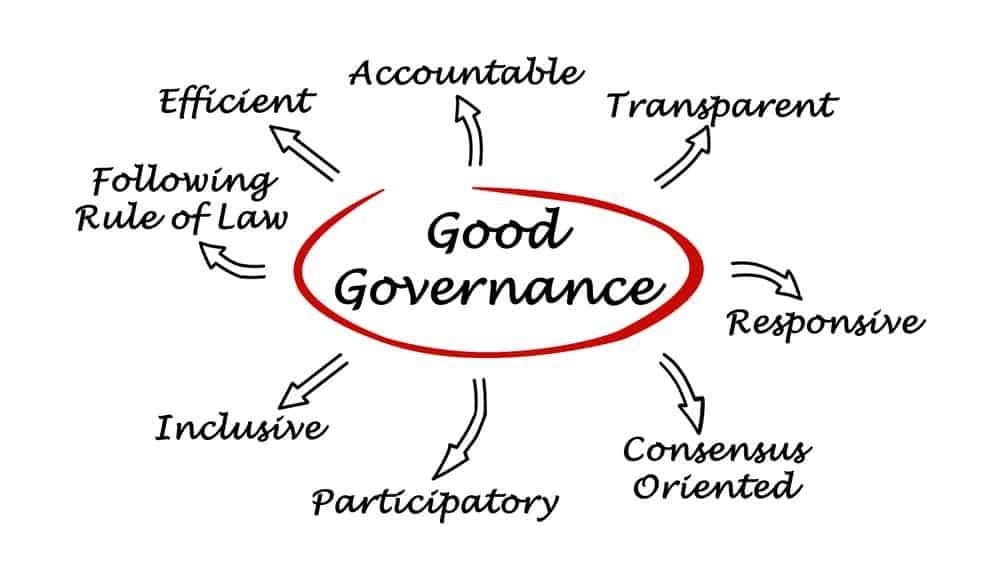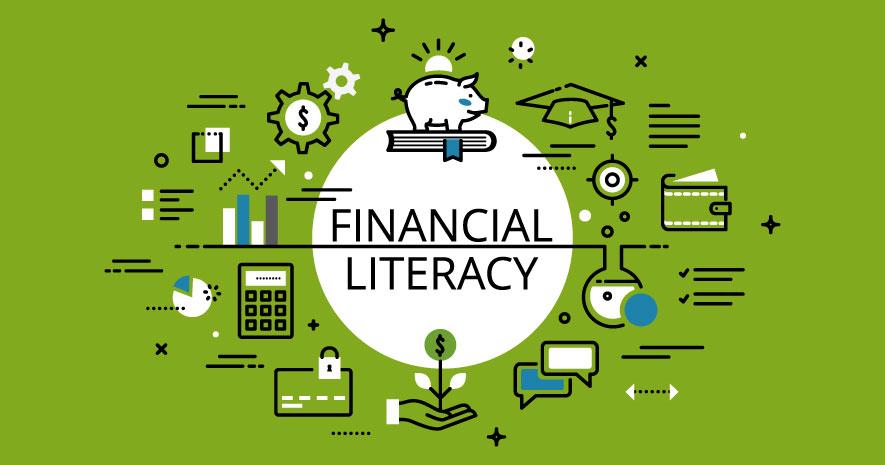In an era where financial landscapes are continuously evolving, the stewardship of family wealth across generations has become an increasingly complex endeavor. As families grow and societal norms shift, ensuring the longevity and prosperity of family assets requires more than mere preservation; it demands a strategic and adaptive approach. This article delves into the essential strategies for managing family wealth across generations, offering a comprehensive analysis of the mechanisms that can safeguard and enhance familial financial legacies. From the intricacies of estate planning to the cultivation of financial literacy among younger members, we explore how a proactive and informed approach can empower families to navigate the challenges of wealth transfer. By examining case studies and expert insights, this piece aims to equip families with the confidence and knowledge necessary to transform potential obstacles into opportunities for enduring prosperity.
Building a Robust Family Governance Structure
Creating a family governance structure that endures over generations requires a meticulous approach and an understanding of both the unique dynamics of the family and the complexities of managing substantial wealth. Central to this process is the establishment of a formalized framework that not only delineates decision-making processes but also ensures the alignment of the family’s financial and non-financial goals. This structure acts as a cornerstone for fostering transparency, accountability, and unity among family members, which are crucial for sustaining wealth across generations.
Key components to consider when crafting this framework include:
- Family Constitution: A document that articulates the family’s values, vision, and mission, providing a guiding philosophy for wealth management.
- Governance Bodies: Establishing family councils, boards, or committees that oversee financial decisions, succession planning, and conflict resolution.
- Communication Protocols: Regular family meetings and open channels of communication to keep all members informed and engaged.
- Education and Development: Programs aimed at preparing younger generations to take on leadership roles and understand the responsibilities that come with family wealth.
By implementing these elements, families can create a robust governance structure that not only safeguards their assets but also strengthens familial bonds and ensures a shared legacy.
Implementing Effective Wealth Transfer Techniques
Navigating the complexities of passing wealth to future generations requires a strategic approach that ensures the preservation and growth of assets. Effective wealth transfer techniques are pivotal in minimizing tax liabilities and safeguarding family legacies. One key method is establishing trusts, which can offer flexibility in managing distributions while providing a shield against potential creditors. Trusts can be tailored to fit specific family needs, offering benefits like tax advantages and protection from estate taxes.
Another vital approach involves lifetime gifting, which allows individuals to transfer wealth without incurring hefty estate taxes. This can be achieved through annual gift exclusions and direct payments for education and medical expenses. Families should also consider philanthropic strategies, such as setting up family foundations or donor-advised funds, which not only facilitate tax-efficient giving but also instill a sense of shared purpose across generations. By employing these techniques, families can ensure their wealth is not only preserved but also aligned with their values and vision for the future.

Leveraging Investment Strategies for Long-term Growth
In the quest for enduring prosperity, astute families harness a blend of strategic investments designed to weather economic shifts and capitalize on growth opportunities. A diversified portfolio serves as the cornerstone, blending equities, bonds, real estate, and alternative assets to mitigate risks and enhance returns. Emphasizing long-term value over short-term gains ensures the preservation and growth of wealth across generations.
- Equities: Investing in a mix of domestic and international stocks provides exposure to different markets, potentially increasing returns.
- Bonds: Including a range of government and corporate bonds can offer stability and predictable income.
- Real Estate: Properties not only provide tangible assets but also generate rental income and appreciate over time.
- Alternative Assets: Commodities, hedge funds, and private equity can diversify and protect against market volatility.
Moreover, integrating environmental, social, and governance (ESG) criteria into investment choices aligns family values with financial goals, fostering a legacy of responsible stewardship. By adopting a disciplined approach and periodically reassessing strategies, families can ensure that their wealth serves as a robust foundation for future generations, transcending the limitations of time and market fluctuations.

Cultivating Financial Literacy and Responsibility Among Heirs
To ensure that family wealth is effectively managed across generations, it’s crucial to instill a robust understanding of financial concepts and a sense of fiscal responsibility in heirs. This begins with education that emphasizes not just the mechanics of financial management, but also the values and principles that underpin responsible wealth stewardship. Financial literacy programs tailored to the unique needs of heirs can cover topics such as investment strategies, asset management, and risk assessment, while also exploring the importance of ethical considerations in financial decisions.
Engaging heirs in hands-on financial management experiences can be a powerful tool. Consider involving them in family business meetings, investment discussions, or philanthropic planning. This practical exposure helps demystify complex financial concepts and illustrates the real-world impact of their decisions. Additionally, establishing mentorship programs with experienced family members or external financial advisors can provide invaluable guidance and support. By fostering an environment of continuous learning and accountability, families can cultivate heirs who are not only financially literate but also committed to preserving and enhancing family wealth for future generations.



